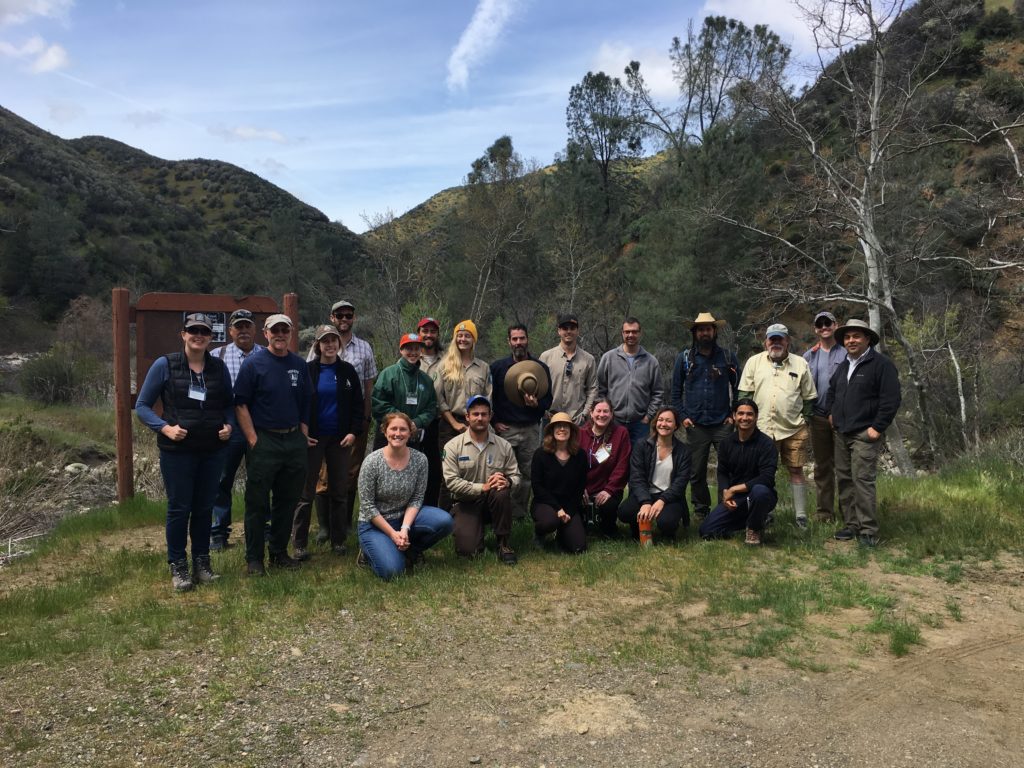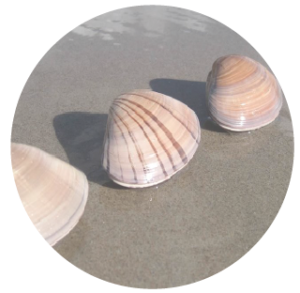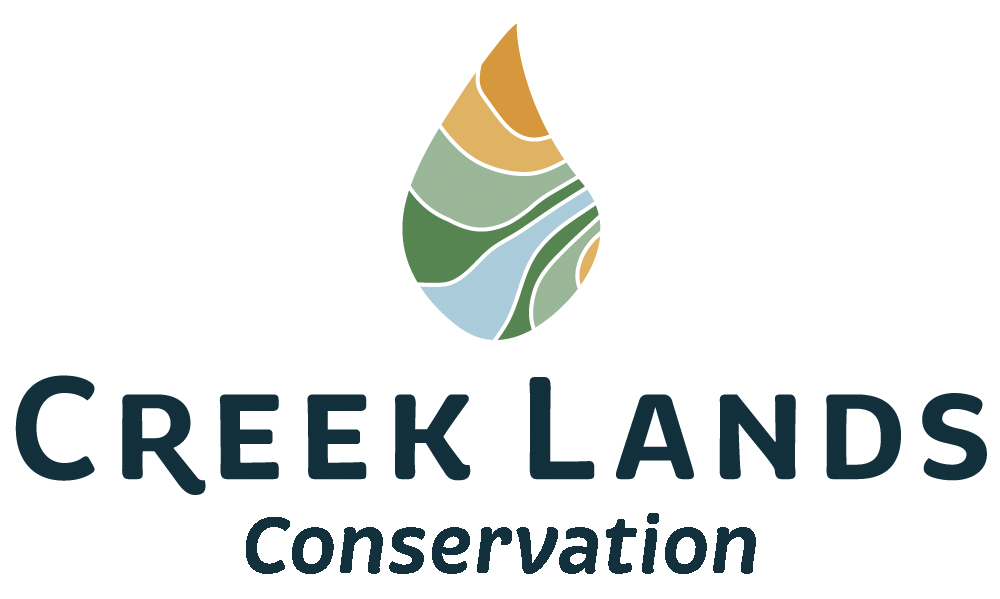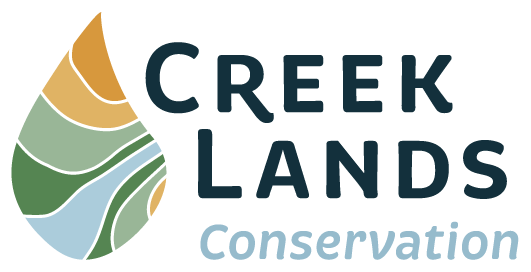Conservation
Science and Collaboration for Education and Natural Resource Conservation
Field Schools
Professional trainings share our collective wealth of knowledge. Bring your hungry mind to our next one!

Hands-on Learning
In partnership with the Tri-County FISH Team, we have planned and hosted many field schools including: Post Fire Aquatic Restoration, Snorkel Surveying, Fish Passage Barrier Assessment, Spawner Surveys, Designing and Conducting Steelhead Population Abundance Estimates, Fish Passage Monitoring Techniques and Equipment, Flow Monitoring Protocols, Water Conservation Projects to Conserve Instream Flow, Bioengineered Bank Stabilization and Farm/Ranch Water Conservation.
California's Central Coast
The rugged beauty of the Central Coast is beloved by millions around the globe. People also depend on these lands and waters for agriculture and other economic interests. Creek Lands Conservation is dedicated to helping Central Coast communities find sustainable balance between human activities and healthy ecosystems.
Conservation Projects

DIG! Pismo Clams
A central coast iconic species, the Pismo Clam population is dwindling, AND WE DON’T KNOW WHY! Partnering with Cal Poly Marine Sciences, we are assisting with research, taking kids to the beach to teach them to DIG! Pismo Clams, and connect teachers and students through hands on, minds on science right in their own backyards.
As an organization dedicated to conserving iconic California species, Creek Lands Conservation is eager to explore whether we could expand the purpose of the Abalone Farm facilities in Cayucos to combine conservation-oriented aquaculture with food production aquaculture. White and black abalone are both Federally listed endangered species, and both the National Marine Fisheries Services and the California Department of Fish & Wildlife perceive great potential value in adding the Abalone Farm to the consortium of facilities that are teaming to save these important invertebrates.
Likewise, aquaculture is rapidly growing in California and the existing facility could serve as a research and training facility for students in various disciplines. Students from Cal Poly and Cal State Monterey could learn from the spawning, culturing, maintaining, growing, and outplanting of endangered white abalone (and perhaps black abalone) and from the preparing and marketing of commercially valuable red abalone. While shellfish propagation requires years to mature the animals whether for processing or outplanting, a portion of the facility could pivot from animal aquaculture to seaweed cultivation. The prospect of balancing ecosystem restoration with sustainable food production is a thrilling glimpse into a more harmonious relationship between people and nature.
The vision of this effort is to reincarnate the Abalone Farm as a combined-use aquaculture facility operated as a nonprofit NGO with a primary objective of endangered species recovery. Until such time as protocols exist for black abalone propagation, the focus will be on propagating and growing white abalone for out-planting. Commercial production of red abalone will continue while appropriate groups develop a solid basis for white abalone conservation production. Going forward, the mission could expand to multi-species shellfish and seaweed production with educational, commercial and conservation objectives.
We work with schools, community volunteers, and other environmental education groups across the central coast to encourage deeper understanding of watershed dynamics. Our focus is on how human activities impact natural processes, and what communities can do to restore and maintain balance between people and nature.
● 3rd Grade: “Ecosystem Awareness” – Experiential learning introduces students to local watershed ecosystems.
● 4th Grade: “Ecosystem Expansion” – Builds on 3rd grade content, connecting freshwater ecosystems to estuaries and the marine environment.
● 5th Grade: “Conservation Science” – Builds on 3rd & 4th grade experiences to help students understand why conservation action is needed, how it’s done, and what they can do.
As we consider the future of the Central Coast, we must learn how best to adjust to the reality of climate changes leading to more wildfire and drought. We must acknowledge that much of what was historically wildlife habitat is severely degraded. Whether in the ocean or streams or on land, human activity has profoundly affected the way native plants and animals once thrived on the Central Coast. This is an invitation to consider how current trends will affect the future without intervention. What Central Coast do we want future generations to inherit? The Central Coast needs environmentally resilient communities, which requires citizens that understand how to thrive in adversity. Resilient citizens know how to balance utilizing natural resources – whether by recreation, or fishing, or farming or urban development – with protecting and sustaining them. As a Resilient Naturalist you will learn to reconnect with your ancestral, wild self, discover the incredible biodiversity that makes its home in the Central Coast, and learn how to communicate your new found passion for Nature. Nature provides untapped opportunities to better understand our inner selves so we can effectively share its magic with others.
We will be creating an interactive naturalist training adventure different from any other you have encountered. Instead of the traditional “sit and get” (sitting at a desk and passively listening), Resilient Naturalists will actively engage in learning about links and patterns between all living things and the earth we all share. Most importantly you will gain a better understanding of yourself so you can inspire a love for Nature in others.

